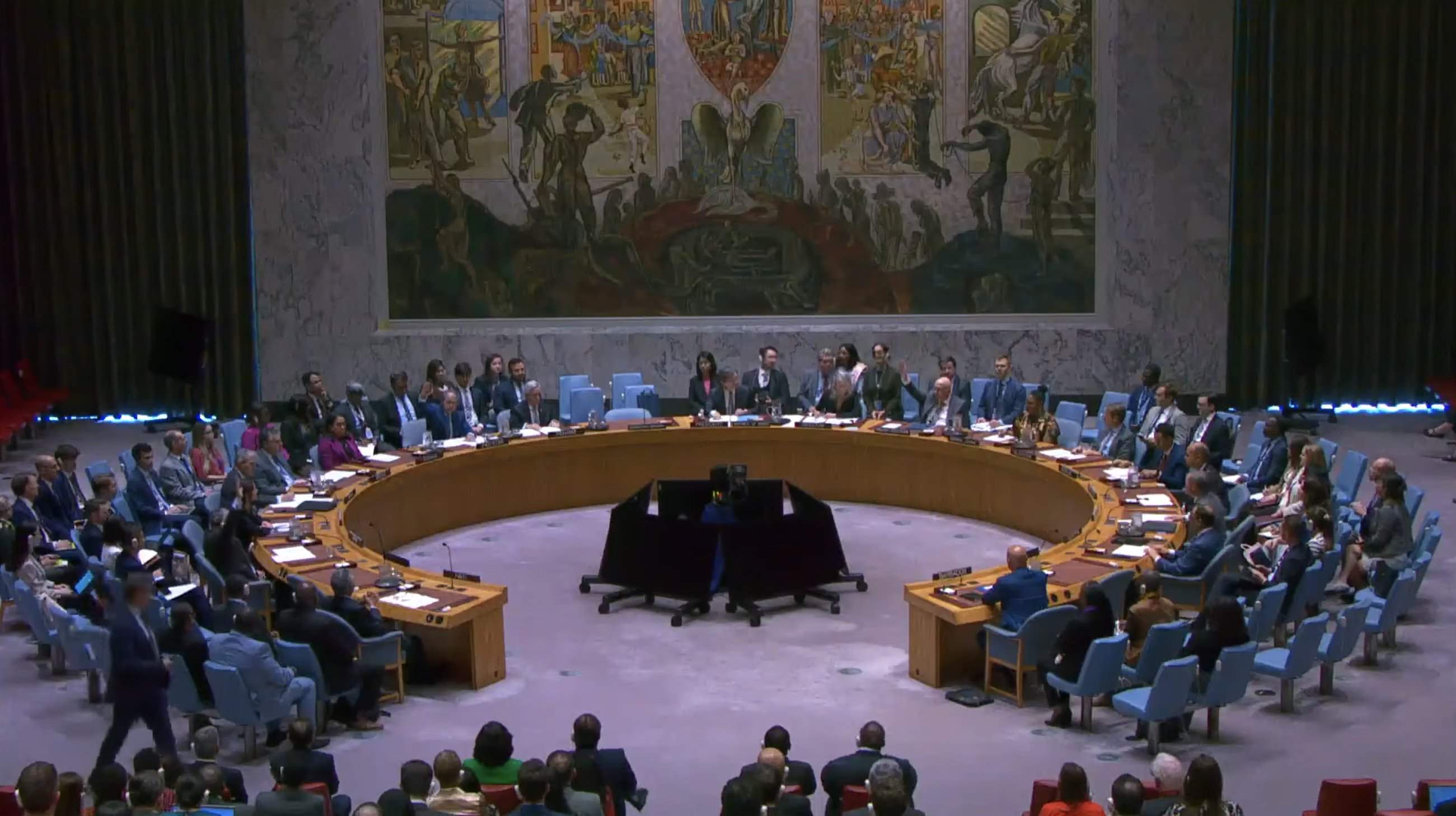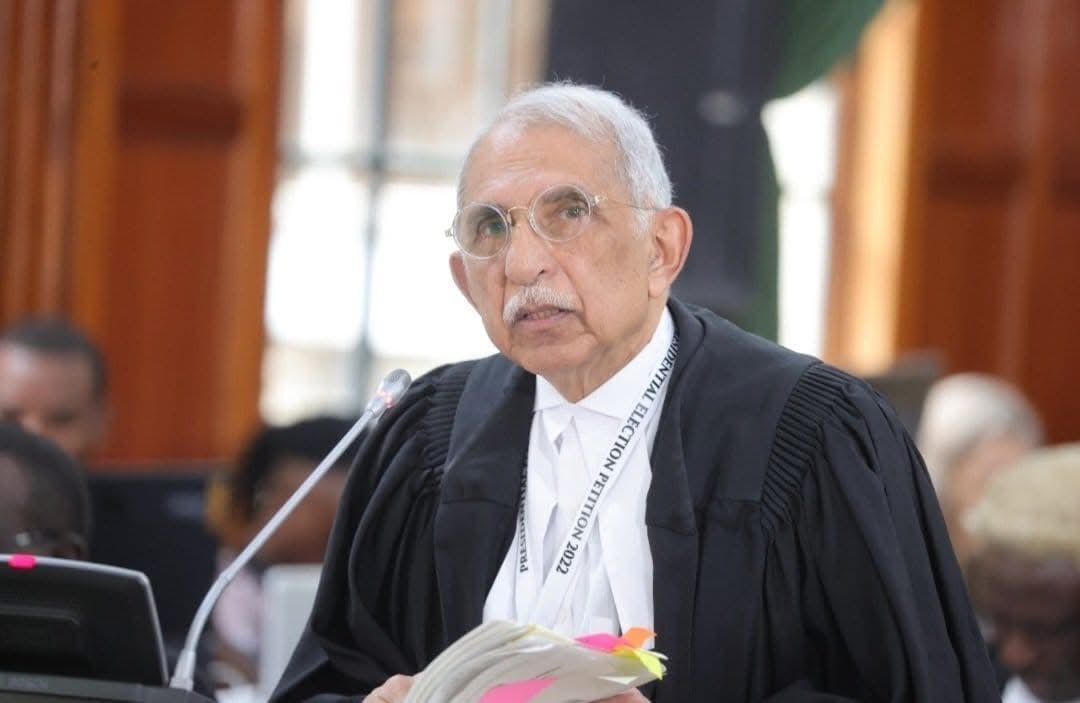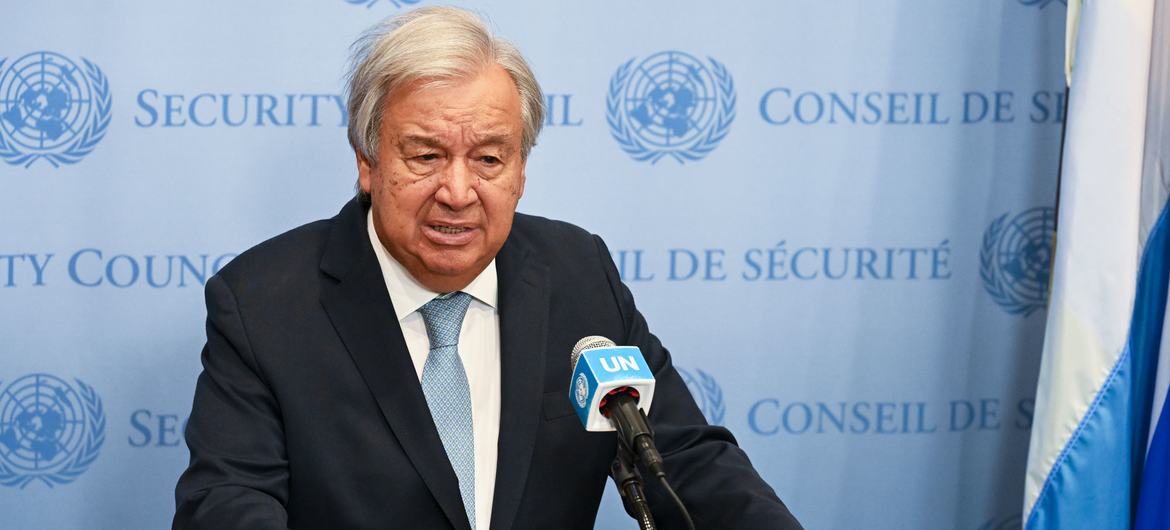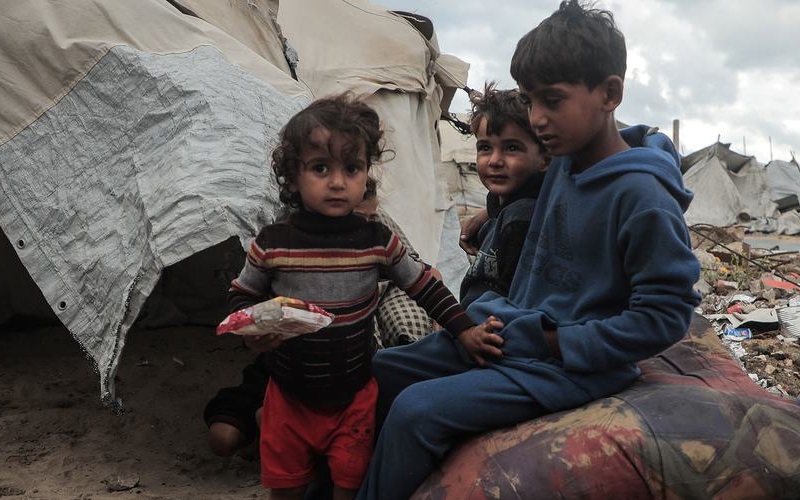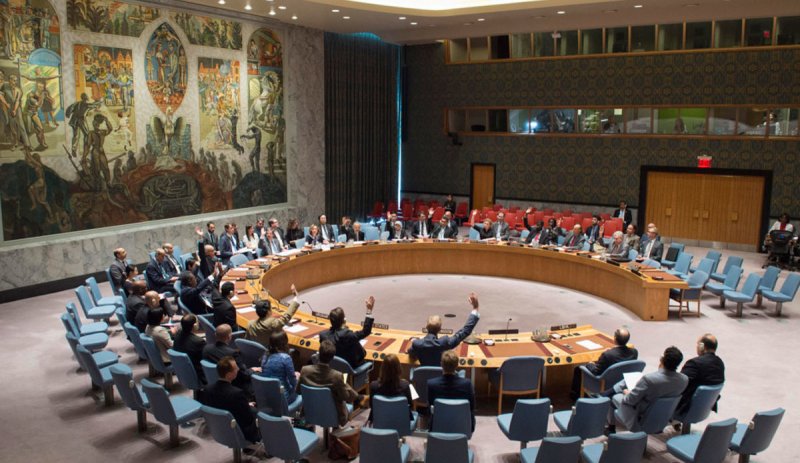Sudan war deaths are likely much higher than recorded, researchers say
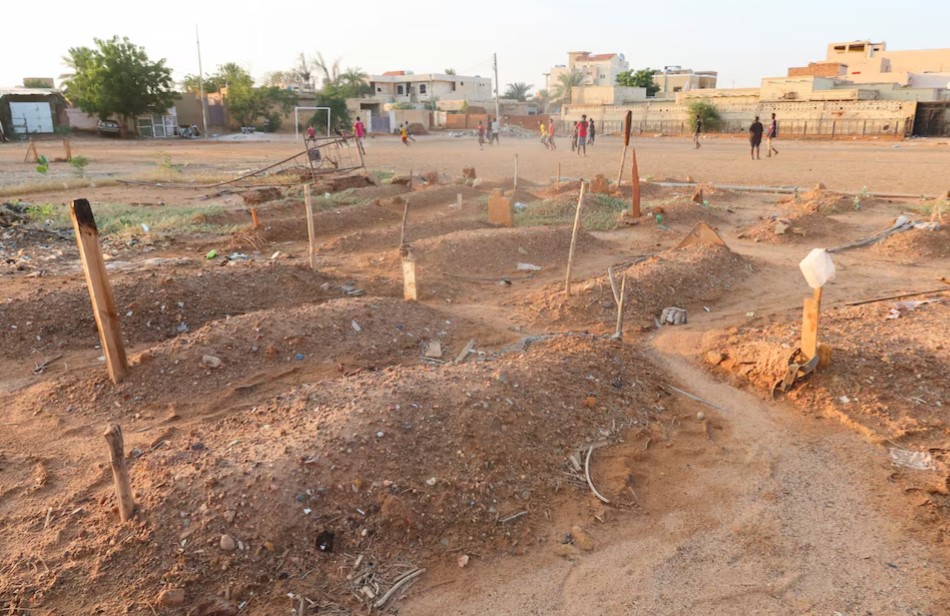
The war erupted from a power struggle between the Sudanese Armed Forces and the RSF ahead of a planned transition to civilian rule.
More than 61,000 people are estimated to have died in Khartoum state during the first 14 months of Sudan's war, with evidence suggesting the toll from the devastating conflict is significantly higher than previously recorded, according to a new report by researchers in Britain and Sudan.
The estimate includes some 26,000 people who suffered violent deaths, a higher figure than one currently used by the United Nations for the entire country.
More To Read
- Sudan war: Aid teams say deal struck to reach stricken El Fasher
- UK sanctions Sudan’s RSF commanders over atrocities amid ongoing conflict
- All we want for Sudan is peace, say children fleeing violence
- Sudanese herders struggle to safeguard livestock amid devastating war
- ICC sentences Sudanese militia leader Ali Kushayb to 20 years for Darfur war crimes
- Sudan’s crisis deepens with communities trapped in ‘siege conditions’
The preprint study by the London School of Hygiene and Tropical Medicine's Sudan Research Group, released on Wednesday before peer review, suggested that starvation and disease are increasingly becoming the leading causes of death reported across Sudan.
The estimated deaths from all causes in Khartoum state were at a rate 50 per cent higher than the national average before the conflict between the army and paramilitary Rapid Support Forces erupted in April 2023, researchers said.
The UN says the conflict has driven 11 million people from their homes and unleashed the world's biggest hunger crisis. Nearly 25 million people - half of Sudan's population - need aid as famine has taken hold in at least one displacement camp.
Many deaths not registered
But counting the dead has been challenging.
Even in peacetime, many deaths are not registered in Sudan, researchers say. As fighting intensified, people were cut off from places that record deaths, including hospitals, morgues and cemeteries. Repeated disruptions to internet services and telecommunications left millions unable to contact the outside world.
The study “tried to capture that invisibility” using a sampling technique known as “capture-recapture”, said lead author Maysoon Dahab, an infectious disease epidemiologist and co-director of the Sudan Research Group.
Originally designed for ecological research, the technique has been used in published studies to estimate the number of people killed during pro-democracy protests in Sudan in 2019 and the Covid-19 pandemic when it was not possible to carry out full counts, she said.
Using data from at least two independent sources, researchers look for individuals who appear on multiple lists. The less overlap there is between the lists, the higher the chances that deaths have gone unrecorded, information that can be used to estimate the full number of deaths.
In this case, researchers compiled three lists of the dead.
One was based on a public survey circulated via social media platforms between November 2023 and June 2024. The second used community activists and other “study ambassadors” to distribute the survey privately within their networks. And the third was compiled from obituaries posted on social media, a common practice in the cities of Khartoum, Omdurman and Bahri, which together make up the greater capital.
"Our findings suggest that deaths have largely gone undetected," the researchers wrote.
Similar or worse tolls
Deaths captured in the three lists made up just 5 per cent of the estimated total for Khartoum state and 7 per cent of those attributed to "intentional injury". The findings suggest that other war-affected parts of the country could have experienced similar or worse tolls, the study said.
The researchers noted that their estimate of violent deaths in Khartoum state surpassed the 20,178 killings recorded across the country over the same period by the Armed Conflict Location & Event Data project (ACLED), a US-based crisis monitoring group.
ACLED's data, which is based on reports from sources including news organisations, human rights groups and local authorities, has been cited by UN officials and other humanitarian workers.
Dahab said the researchers did not have sufficient data to estimate mortality levels in other parts of the country or determine how many deaths in all could be linked to the war.
The study also notes other limitations. The methodology used assumes that every death has an equal chance of showing up in the data, for example. However, well-known individuals and those who suffered violent deaths may have been more likely to be reported, the researchers said.
Paul Spiegel, who heads the Centre for Humanitarian Health at the John Hopkins Bloomberg School of Public Health and was not involved in the study, said there were issues with all three sources of data that could skew the estimates. But he said the researchers had factored such limitations into their methodology and analysis.
"While it is difficult to know how the various biases in this capture-recapture methodology could affect the overall numbers, it is a novel and important attempt to estimate the number of deaths and bring attention to this horrific war in Sudan," he said.
‘Findings appeared credible’
An official with the Sudanese American Physicians Association, an organisation that offers free healthcare across the country, said the findings appeared credible.
"The number might even be more," its programme manager, Abdulazim Awadalla, told Reuters, saying weakened immunity from malnutrition was making people more susceptible to infection.
"Simple diseases are killing people," he said.
The study was funded by the US Centres for Disease Control and Prevention and the UK Foreign, Commonwealth and Development Office.
Among the war's many victims was Khalid Sanhouri, a musician whose death in Omdurman's Mulazmeen neighbourhood was announced on social media in July last year.
A neighbour, Mohammed Omar, told Reuters that friends and relatives were unable to get medical care for Sanhouri after he fell ill due to the intensity of the fighting at the time.
"There were no hospitals or pharmacies where we could get medicine, not even markets to buy food," Omar said.
They couldn't even reach the nearest graveyard.
“So, we buried him here,” Omar said, pointing to a grave just beyond the bullet-pocked wall surrounding the musician’s home.
Hundreds of graves have popped up next to homes across greater Khartoum since last year, residents say. With the return of the army to some neighbourhoods, they have started relocating the bodies to Omdurman's main cemetery.
There are as many as 50 burials a day there, undertaker Abdin Khidir told Reuters. The cemetery has expanded into an adjoining football field.
Still, the bodies keep coming, Khidir said.
The warring sides have traded blame for the growing toll.
Army spokesman Brigadier General Nabil Abdallah referred questions about the study's estimates to the Ministry of Health but said: "The main cause of all this suffering is the terrorist Rapid Support militia (RSF), which has not hesitated from the first moment to target civilians."
The health ministry said in a statement to Reuters that it has observed far fewer deaths than the estimates in the study. Its tally of war-related deaths stands at 5,565, it said.
The RSF did not dispute the study's estimates, blaming the deaths in the capital on “deliberate air strikes on populated areas, in addition to artillery shelling and drone strikes.”
"It is known that the army is the only one with [such weapons]," it said in a statement to Reuters.
Power struggle
The war erupted from a power struggle between the Sudanese Armed Forces and the RSF ahead of a planned transition to civilian rule. The RSF quickly took over most of the capital and has now spread into at least half the country, though the military regained control of some neighbourhoods in Omdurman and Bahri in recent months.
Both sides have committed abuses that may amount to war crimes, including attacking civilians, a UN fact-finding mission said in September. The war has also produced ethnically driven violence in the western Darfur region blamed largely on the RSF.
However, the new report highlighted the significant and likely growing toll taken by the war's indirect impacts, including hunger, disease and the collapse of healthcare.
Sick patients lined the hallways at al-Shuhada hospital in Bahri, which has seen a spike in cases of malnutrition and diseases such as malaria, cholera and dengue fever.
Fresh fruits, vegetables and meat were hard to come by until the arrival of the army opened up supply routes, said hospital manager Hadeel Malek.
"As we all know, malnutrition leads to weak immunity in general," she said. "This is one factor ... which led to many deaths, especially among pregnant women and children."
Both sides deny impeding aid and commercial deliveries.
Top Stories Today











